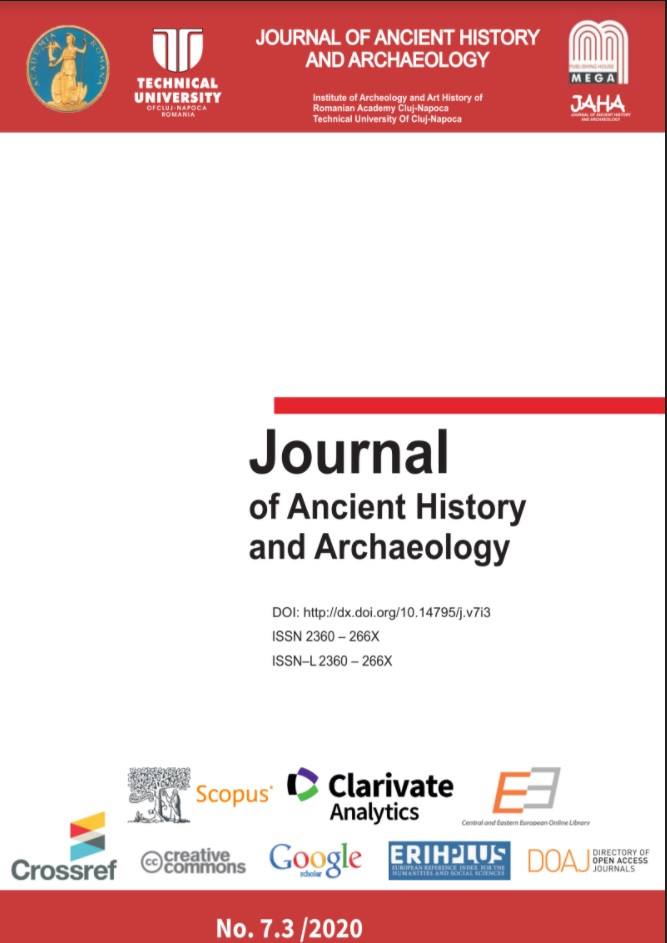ANALYSIS OF CICERO’S CONCEPT OF COGNITIO
ANALYSIS OF CICERO’S CONCEPT OF COGNITIO
Author(s): Arina BragovaSubject(s): History
Published by: Editura Mega Print SRL
Keywords: Cicero; Ancient Rome; Cognition; Cognitio; Scientia;
Summary/Abstract: The article is devoted to the analysis of the Latin concept of cognitio in Cicero’s writings. Based on the continuous sampling method, 173 cases of use of the concept were found. The meaning of 23 of them does not correspond to the semantic field “cognition” and the Stoic virtue of knowledge, therefore they are not analysed in the article. The concept of cognitio in the meaning of “cognition” is more often found in the singular form (143 times), less often – in the plural form (7 times). Cognitio is found in the synonymous series with the words contemplatio, exercitatio, perceptio, prudentia, ratio, scientia (most of all – with the word scientia). Cognition (cognitio) is opposed to action (actio) and ignorance (ignoratio). Cognitio sometimes has a dependent word: rerum (33 cases), less often – animi, artis, deorum, naturae, virtutis, vitiorum, etc. In turn, cognitio itself is used as a complement to the words amor, appetitio, consultatio, cupiditas, genus, quaestio, studium, etc. In the same context with cognitio there are such words as res, natura, ratio, scientia, etc. Cicero’s reasoning about cognition (cognitio) is found mainly in his philosophical writings when he analyses the views of ancient Greek philosophers (Academics, Peripatetics, Stoics), in particular – the Stoics and their teaching on virtues, which includes cognition as well.
Journal: Journal of Ancient History and Archaeology
- Issue Year: 7/2020
- Issue No: 3
- Page Range: 5-11
- Page Count: 7
- Language: English

